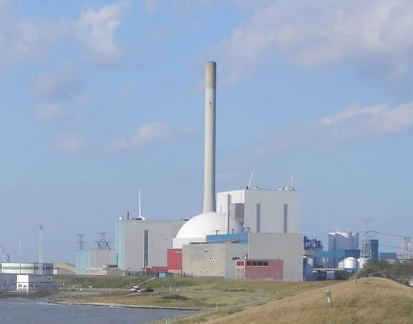‘We cannot afford to discard nuclear energy’ : junior minister


Nuclear power may play a role in the government drive to curb CO2 emissions from 2030 but only if the government contributes to the costs and there is public support for the plans, a report by accountancy group KPMG and commissioned by MPs has shown.
Positive soundings taken by KPMG among private investors have prompted caretaker junior minister for economic affairs Yesilgöz-Zegerius to order a study into the possibility of including nuclear power in the transition to sustainable energy and so help meet climate goals, she said in a parliamentary briefing.
‘We cannot afford to discard a sustainable energy source,’ broadcaster NOS quoted her as saying.
Opposing left-wing MPs have said that building new nuclear power stations would take too long for any climate advantage to be gained from them but, Yesilgöz said, most businesses are in favour of an existing model with a generation III reactor which would take between 11 to 15 years to build.
The Netherlands currently has a single nuclear power station, in Borssele in Zeeland which produces some 2% of total Dutch energy needs. By contrast, 13% of German and 48% of Belgian energy is nuclear.
The Borssele nuclear power station, which dates from the 1970s, is scheduled to close in 2033 but may be kept open longer.
In 1985, three new locations for nuclear plants were agreed – the Maasvlakte in Rotterdam, Eemshaven in Groningen and Borssele – and the building land is still reserved for this purpose.
KPMG found that provincial authorities in the province of Zeeland would welcome another nuclear power station while Noord-Brabant would be willing to consider if certain conditions are met.
Thank you for donating to DutchNews.nl.
We could not provide the Dutch News service, and keep it free of charge, without the generous support of our readers. Your donations allow us to report on issues you tell us matter, and provide you with a summary of the most important Dutch news each day.
Make a donation